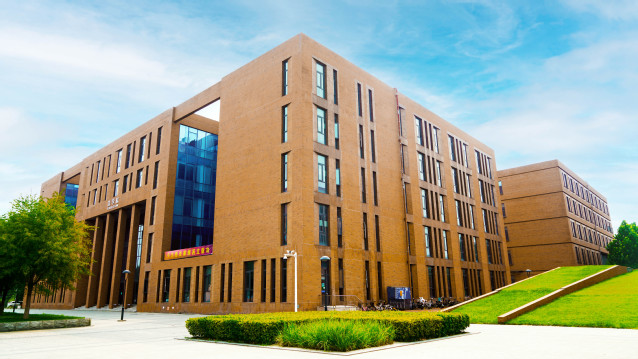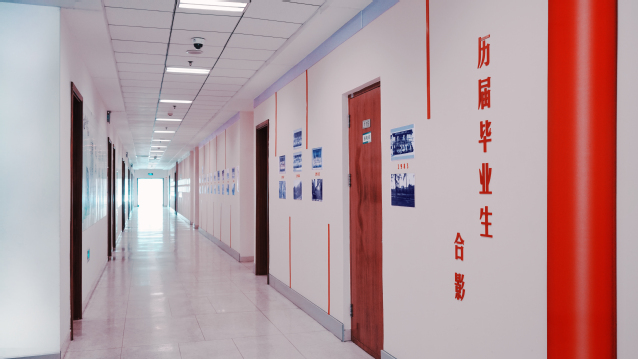Nankai University was founded in 1919, under the educational philosophy of art to regulate the country, science to strengthen the country, and business to enrich the country. Since the university’s founding, an interdisciplinary combination of law, political science, and economics has been a priority for us.
The law program was originally a part of the Political Economy Institute and the Law and Business Institute of Nankai University. From the1920’s to the1940’s, a host of celebrated scholars and jurists taught at Nankai University, such as Messrs. MEI Ru’ao, XU Mo, XIAO Gongquan, WANG Ganyu, and ZHANG Jinjian, to name only a few.

In 1980, the Law Department was created in Nankai University and first chaired by Professor PAN Tonglong. In 1985 the famous jurist, Professor LI Guangcan, joined the faculty of Nankai University and was instrumental in the founding of the Research Institute of Law where he served as the honorary Director and another noted jurist, Professor LV Shilun, was the Director.
Nankai Professor GAO Erseng was among China’s pioneer scholars in international economic law. From 1985 onwards, he taught graduate students in this area of law, and in 1995 Nankai University established the Research Institute of International Economic Law under his direction. In 1994,Nankai University established the School of Government and Law, which offered such majors as law, political science, and sociology.

Nankai University School of Law was officially founded in May of 2004. Dr. ZUO Haicong is Dean and Professor of Law.Nankai University School of Law now offers four programs in law: the LL.B. degree, the LL.M. degree, the Juris Master degree, and the Ph.D. degree in Law. The year of 2011 witnessed our designation as a Tianjin Key Discipline, one of the primary supporting research units of the Nankai University Human Rights Research Center, a Key Humanities and Social Sciences Research Base under China’s Ministry of Education, and one of the national units of the “Project 985”of China’s key universities.
Currently, our law school has 65 full-time faculty researchers,includes 26 professors, 28 associate professors, and 11 assistant professors. 98% of the entire faculty have Ph.D. degrees.

Within our faculty ranks are a Chief Expert of the Marxist Theory Research and Construction Project of China’s Ministry of Education, four recipients of the New Century Outstanding Talent Support Project Award from China’s Ministry of Education, one recipient of the Tianjin Municipal Five Groups Talent Award, one Nankai University Distinguished Professor, three Tianjin Municipal Outstanding Jurists, and 11 Tianjin Municipal Outstanding Young Jurists. Currently, we have 804 full-time students, including 452 undergraduate students,317 postgraduate students and 35 PhD student. Moreover, we have 350 part-time J.M. students and about 100 non-degree-oriented postgraduate students.

The law school is well known for its broad strength in conducting research and producing influential scholarship. Our nine disciplines all have their own characteristics. Our overall strength in academic research places the law school among the leaders in China. We are quite advanced in international law and legal history; we are also leaders in research in several areas of Chinese law. Our professors have continuously published The Academic Treatises of Nankai University School of Law and have been editors-in-chief of the series, Collected Books in International Business Law.

In keeping with Nankai University’s rich academic culture and fine educational heritage, we emphasize the combination of classroom lectures, campus culture, and community legal clinics to assist our students to become well-rounded legal professionals. We have established 12 training clinics inTianjin, and our Nankai University Legal Studies Clinic has been designated a Chinese National Community Clinic.

The law school attaches great importance to scholarly exchanges with its overseas and international counterparts. We have established academic relationships with a great number of universities in theUnited States, theUnited Kingdom,Japan, andGermanyto help promote international academic exchanges. These exchanges include guest professorships, faculty exchanges, student exchanges, and international workshops and seminars.
